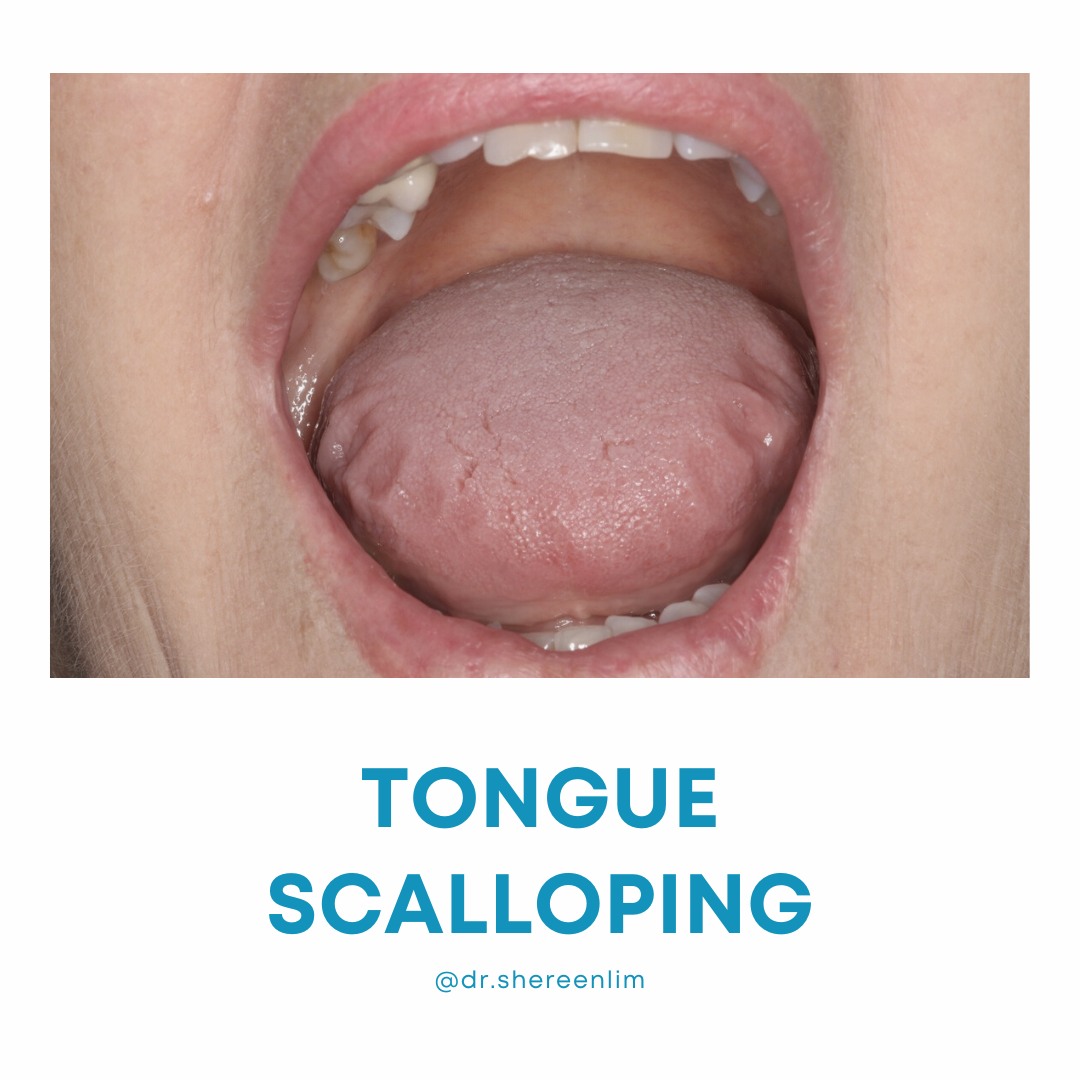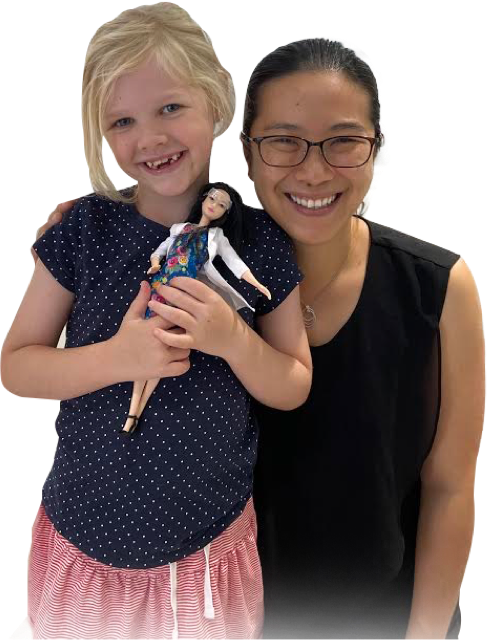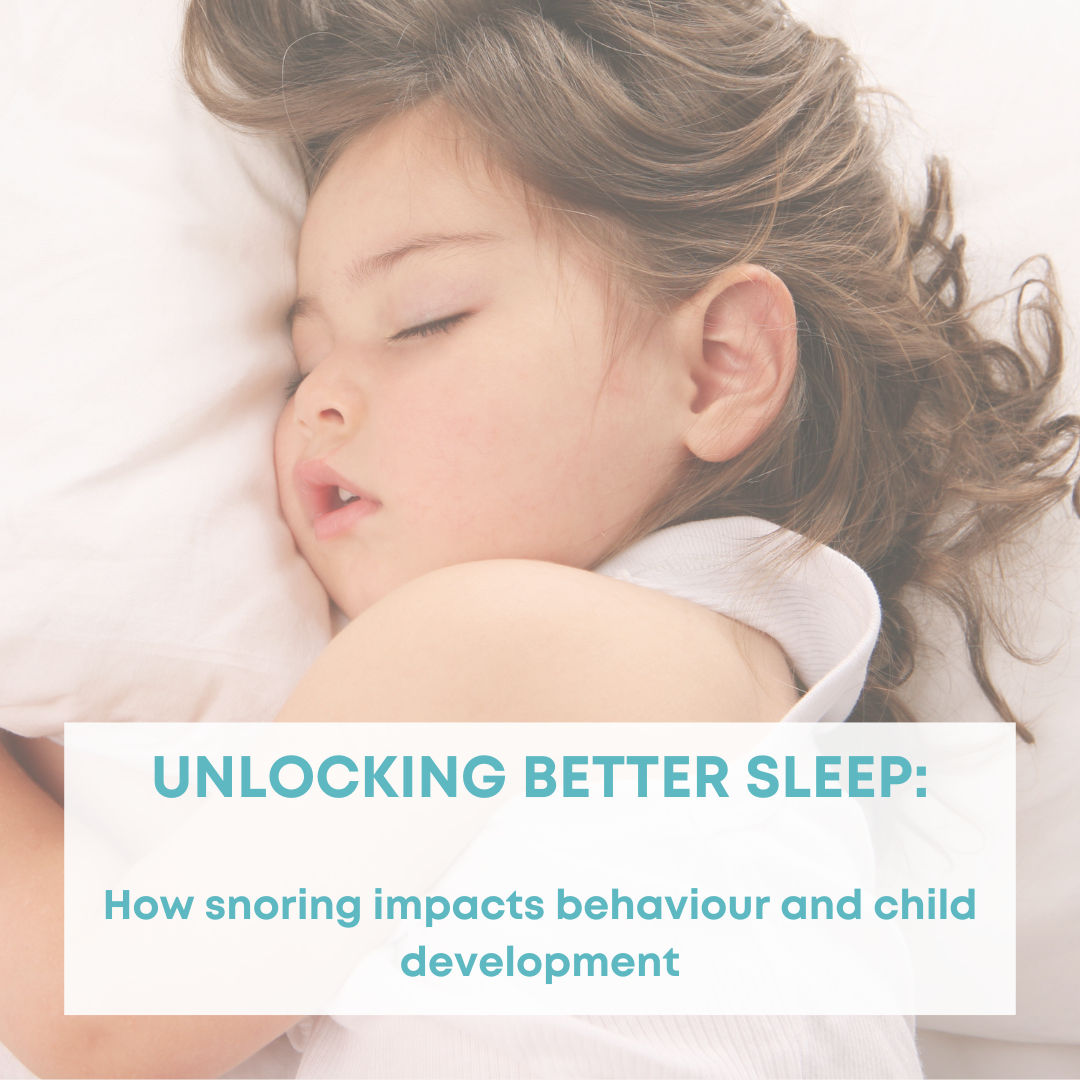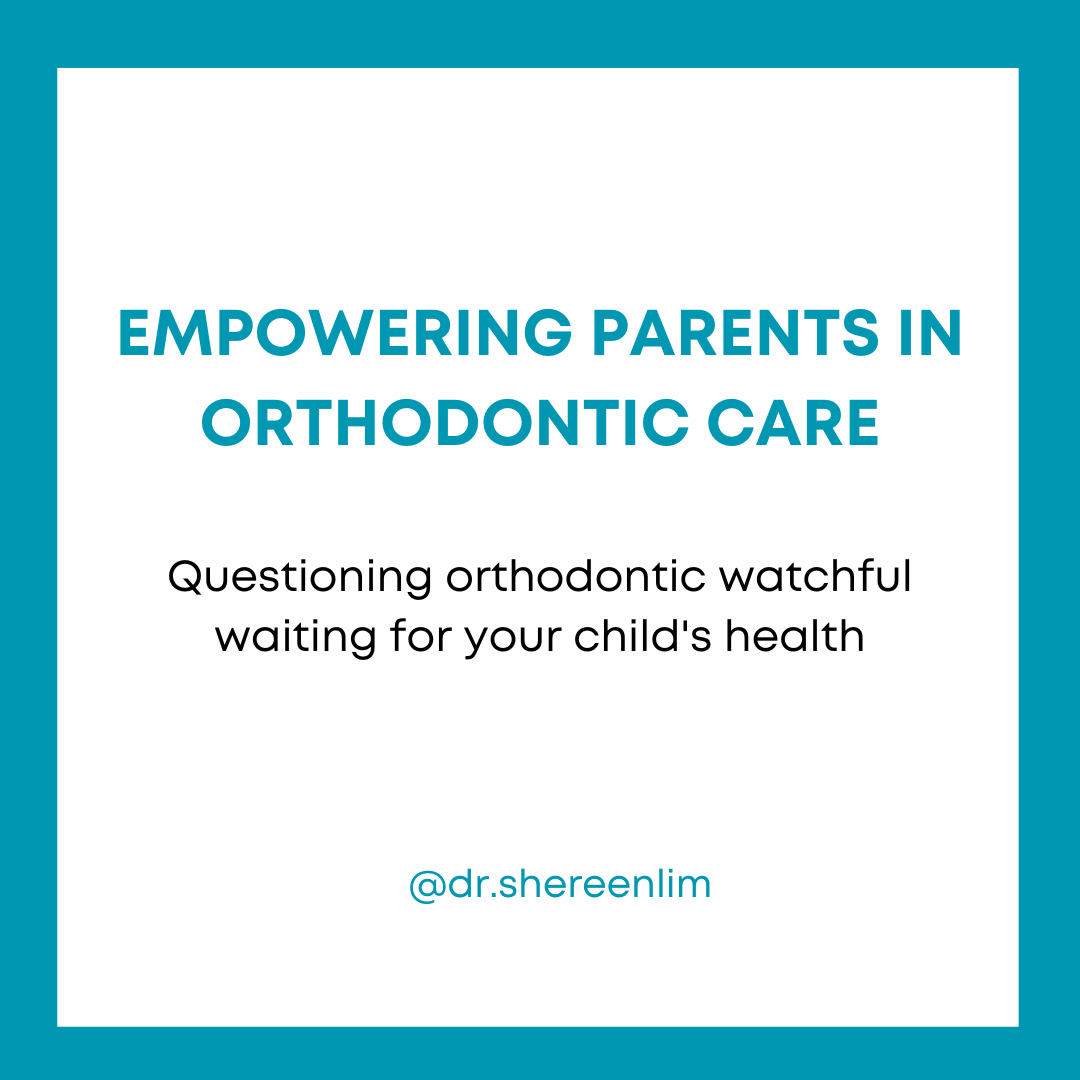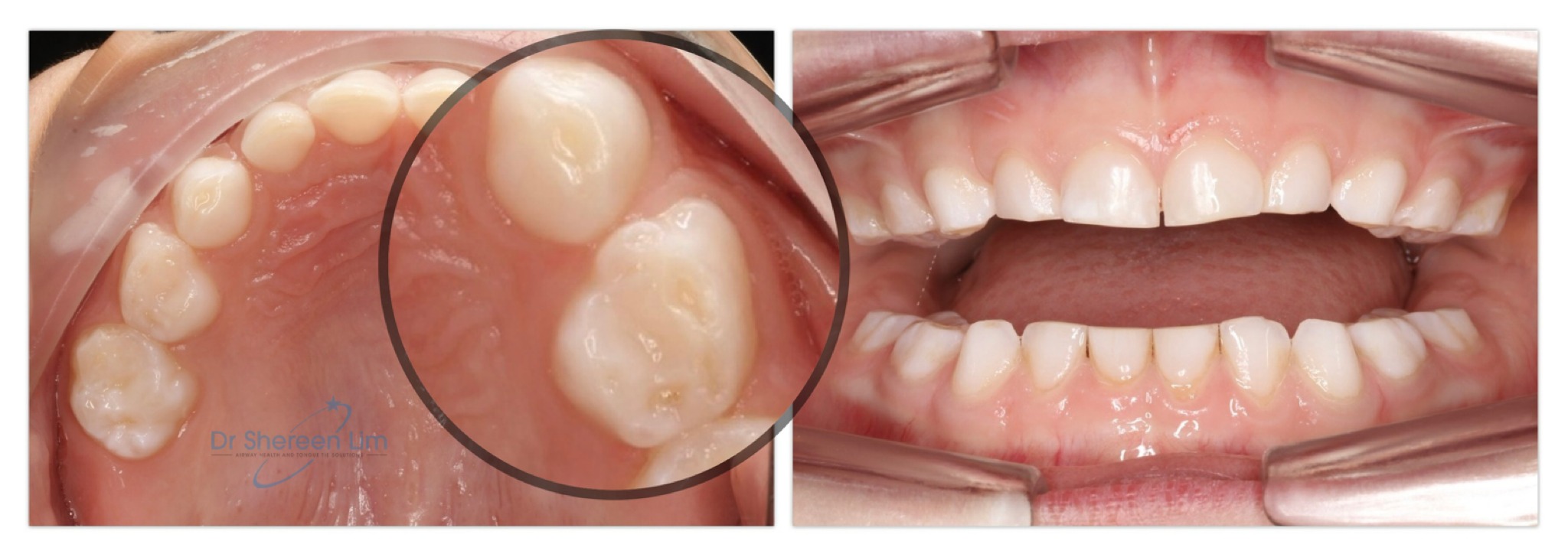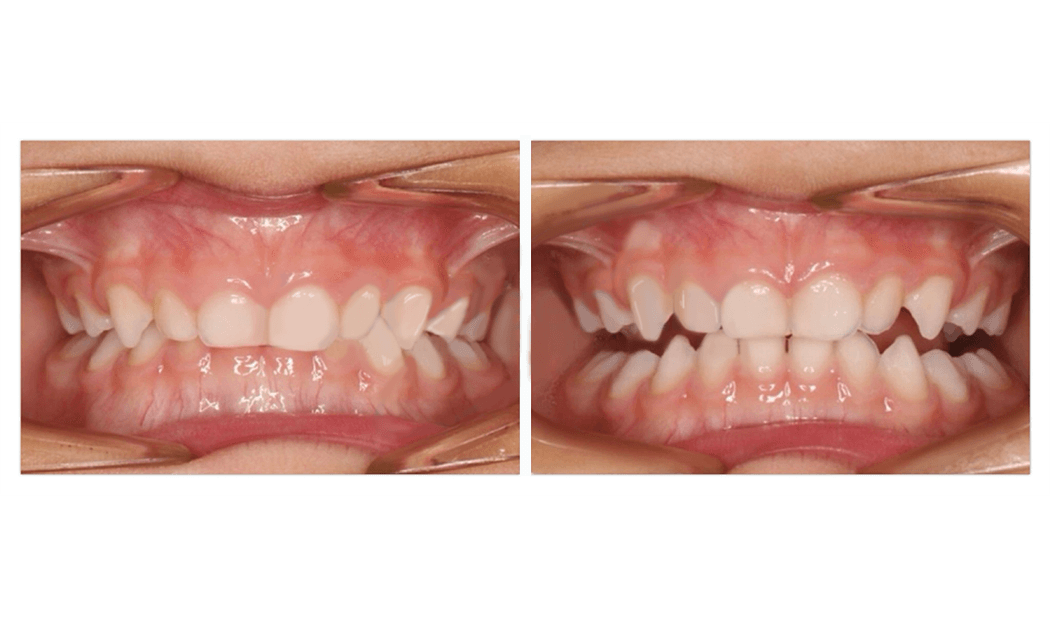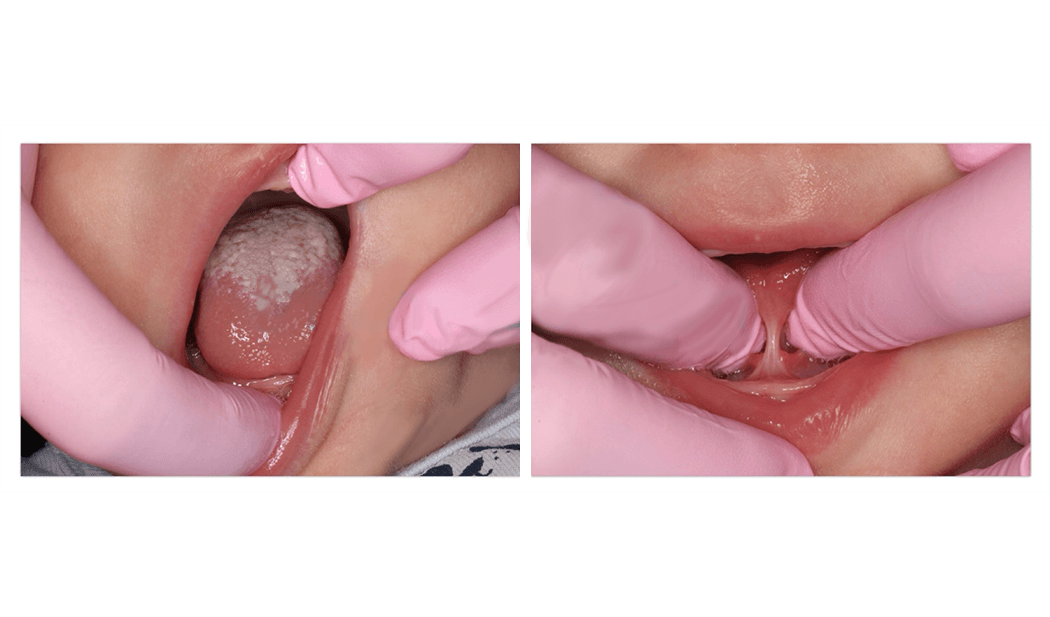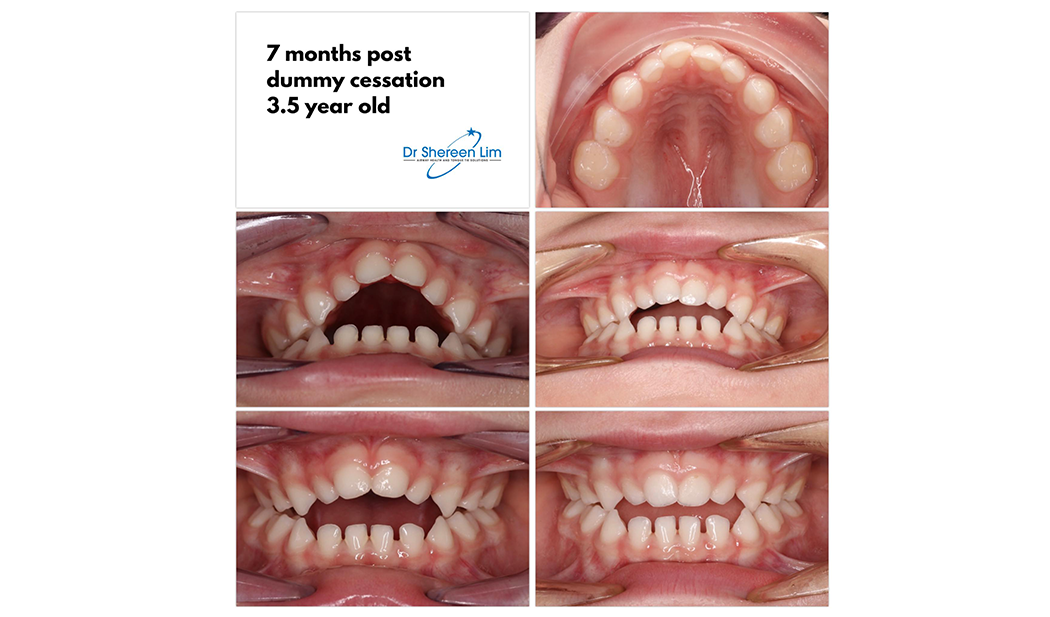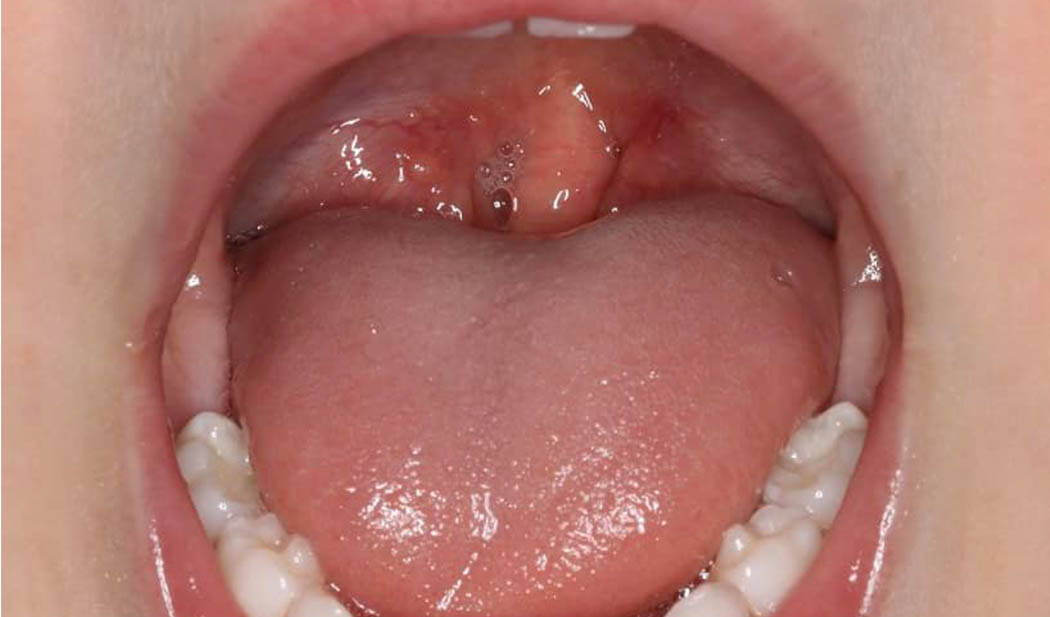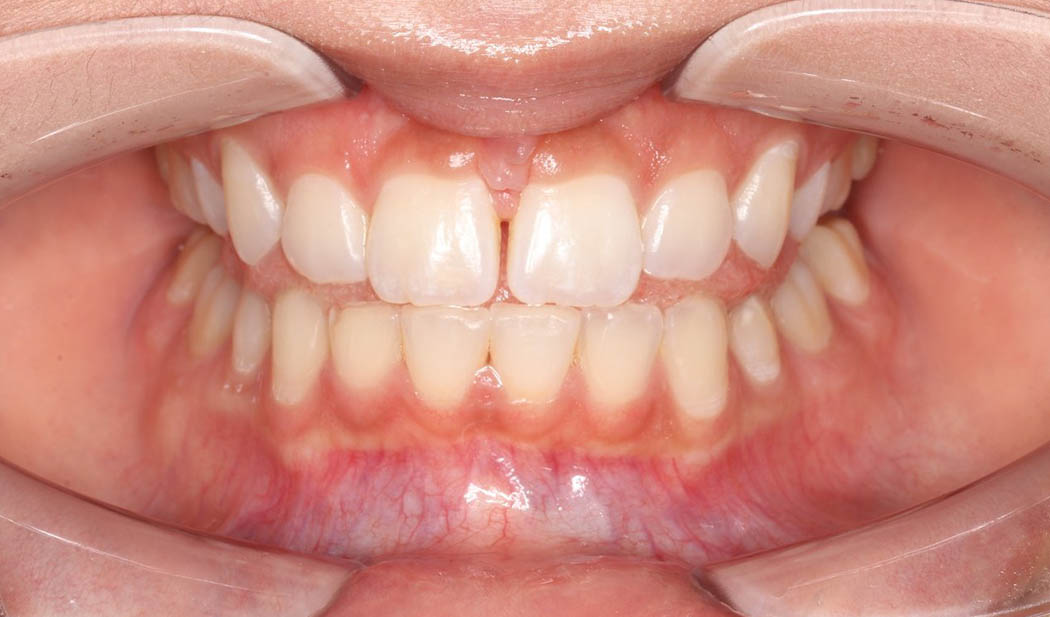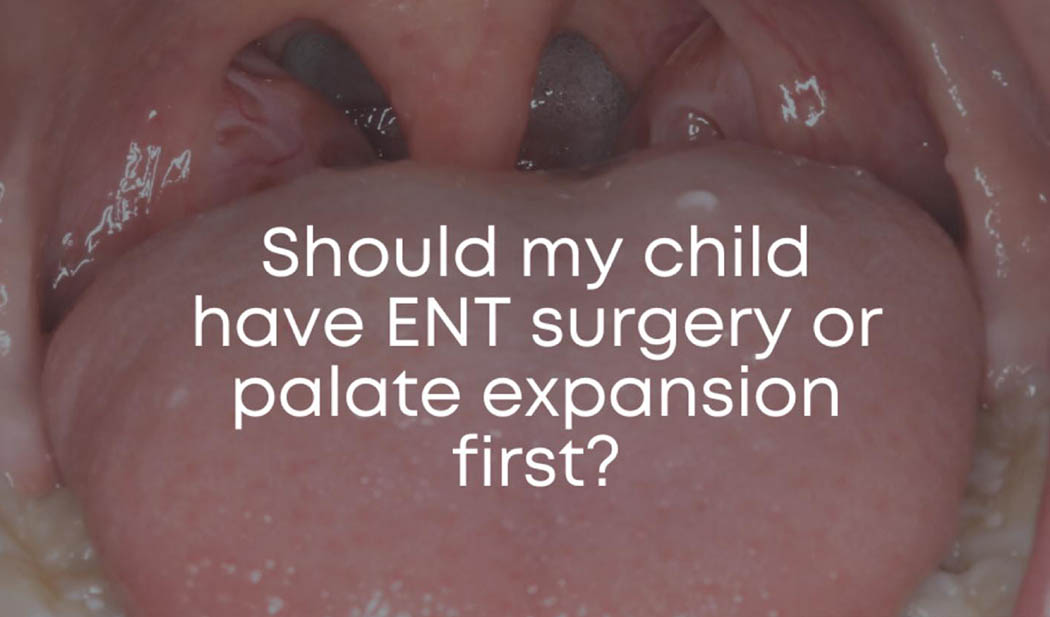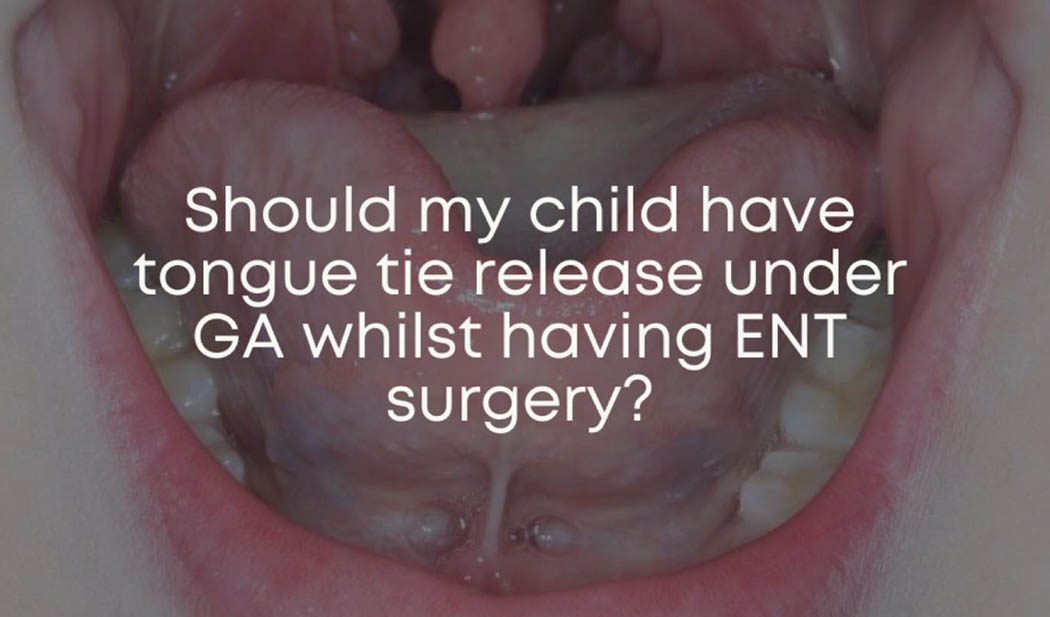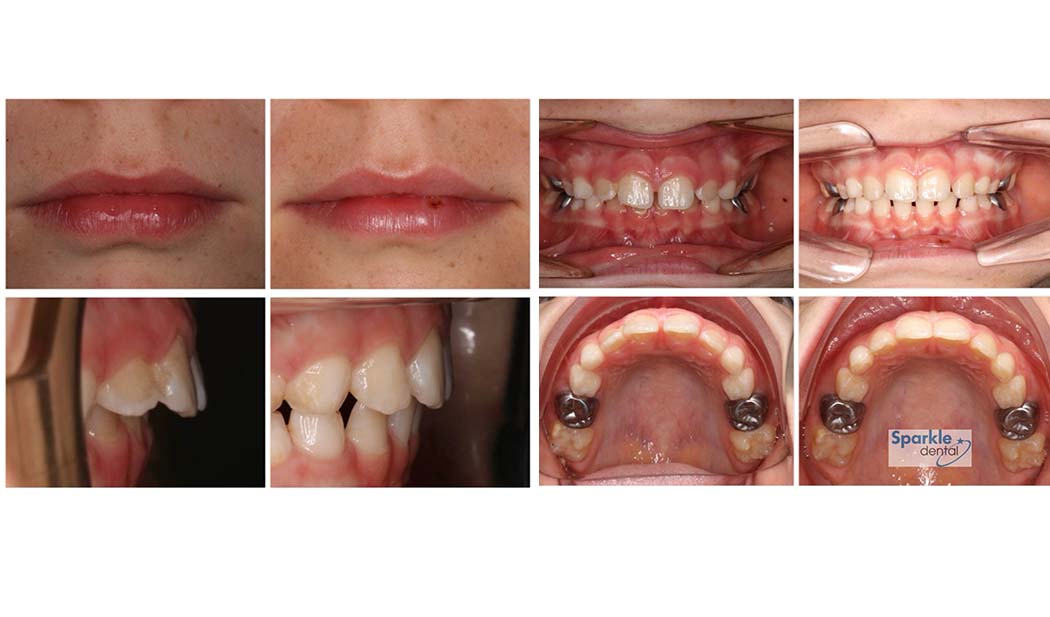Did you know tongue scalloping or tooth indents on the side of the tongue, are a strong clinical indicator of obstructive breathing during sleep?
Tongue scalloping is a result of low tongue tone and posture. It often reflects poor palate development and constricted tongue space.
Research suggests in a pool of people with tongue scalloping:
• 89% have severe collapses of the airway lasting ten seconds or more.
• 89% have reductions in oxygenation during the night.
More details can be found here: “The Association of Tongue Scalloping With Obstructive Sleep Apnea and Related Sleep Pathology.”
The researchers conclude tongue-scalloping should prompt physicians to enquire about snoring history.
What is the significance of not recognising this red flag of breathing problems?
Obstructive breathing is linked to chronic stress, inflammation, and sleep disruption. It is linked to increased risk of virtually every chronic health disease and reduced quality of life.
Many patients with these hidden airway problems are medicated for its symptoms.
This patient has spent her life revolving in and out of the GP’s office. She was on at least six medications, each with their own side effects, including immune suppression and dry mouth. This compounds the reduced quality of life.
Sleep is terrible. She has been prescribed a pill to aid sleep, but underlying breathing disturbances have not been investigated thoroughly.
There has been chronic use of medication for reflux, anxiety, and depression.
What is the better path moving forward?
Healthcare must move from medication to placing more emphasis on healthy breathing and sleep as key pillars for good health and prevention of disease.
Our best opportunity to establish airway health is in childhood. This means promoting nasal breathing, and healthy mouth function and structural development early.
In this case, there is a tongue-tie, and the palate is underdeveloped resulting in constricted tongue-space.
There were so many warning signs that oral function and structural development were off track in early in life, starting with a history of breastfeeding difficulties. We just need to promote greater awareness of what to look for.

